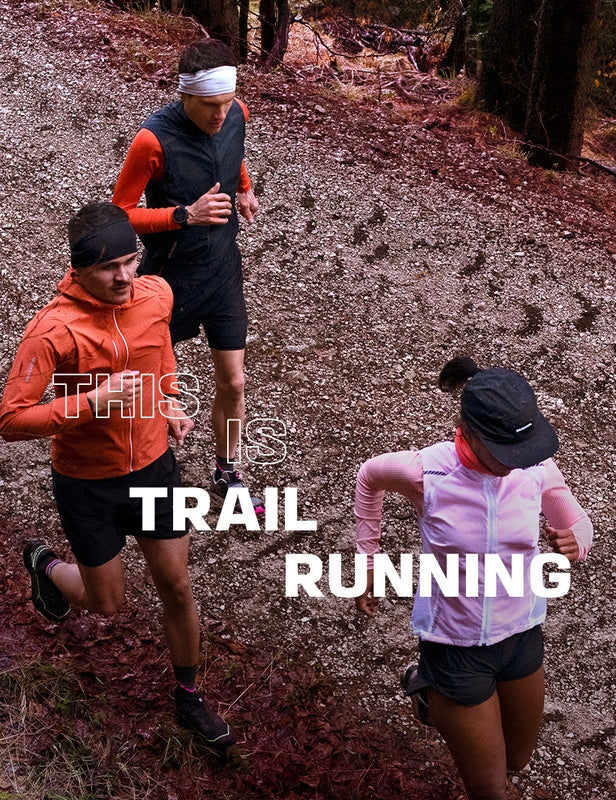We are all aware of the state of the planet, and equally aware that we need to do something about it, but what? Sabby Chesterman has come up with 10 simple, but effective ways that’ll help reduce your impact on the outdoors in a bid to conserve it for generations to come.
Plastic free
Use a reusable bottle, one you can safely carry on the outside of your pack and collect water along the way. Having a trusty spork (this is great for your handbag too!), and a foldable bowl plus making your own trail mix with snacks you can pack in a small tupperware helps to keep your plastic use to a minimum.
Biodegradable washing products
Don’t pack normal beauty products for outdoor adventures, these are often full of chemicals and even an innocent bottle of shampoo could damage the local river ecosystem. So plan ahead and make sure any beauty / washing essentials you need on adventures are biodegradable and natural, including things like wet wipes. Also remember to never wash near water sources; a foldable bucket is great as it doubles up as a bath / washing up bowl and you can dispose of the water without dumping it back into the stream.
Explore local and offset any of your far and wide travel
As much as you might want to travel to tick it off your bucket list, destination holidays are not eco friendly. Try to look local when planning to get outdoors, and if you do have a long adventure planned, offset your trip with a tree-planting scheme such as helping to plant an indigenous forest through Plant a tree or reforestation programs like GreenPop.
Pack in and pack out
The easiest rule to follow is to have a dedicated rubbish bag and always take out whatever rubbish you create and anything you see along the way. When going camping or hiking near local communities, try and see what fresh produce you can buy or source locally off the side of the road to avoid having to use supermarkets (and all the plastic packaging) for things like tomatoes, cucumbers and other veg.
Use the path more travelled
Venturing off the path for the perfect sunset picture sounds alluring, but every footstep off a marked trail is the start of erosion to the natural habitat. Keep to the path and have the right shoes for whatever conditions you might come across.
Bathroom matters…
One of the most common human impacts you encounter is toilet paper in the bush. This can easily be avoided - carry a ziplock to keep all your tissues and a hand sanitizer for post toilet trips! Also don’t go to the loo anywhere close to water sources and always dig a hole of about a foot if you can.
Investing in the local community
Tourism is one of the best drivers of a local economy, so when planning your trip do a bit of background research on the local community and local NGOs or environmental education initiatives. Even if you are an intrepid adventurer, hiring a local guide is the best way to truly immerse yourself in a new place and your fees and tips have a huge impact.
Donate to camp and park fees
Outdoor adventures often lead us across protected and wilderness areas. Don’t skimp on paying any entrance fees and if there is a chance to donate it makes a huge difference to trail and camp maintenance.
Giving someone the opportunity to explore the outdoors
Having the time, gear and resources to get to experience the outdoors is a real privilege. One of the best ways to inspire a generation of environmental advocates is giving kids the chance to see and experience the outdoors. Keep a piggy bank, every time you go for a run, hike or adventure holiday stash away some money. At the end of a year use your savings to give someone the gift of the outdoors.

Repair, recycle and make your own gear
Adventures will often take their toll on gear coming back with memories and dents, holes and rips. One of the best ways to reduce your impact is to limit your consumption so keep your gear in working order for as long as possible. Patch any rips (sailing tape works great!), use old clothes to sew your own dry bags, and keep patching your old trusty backpack.




